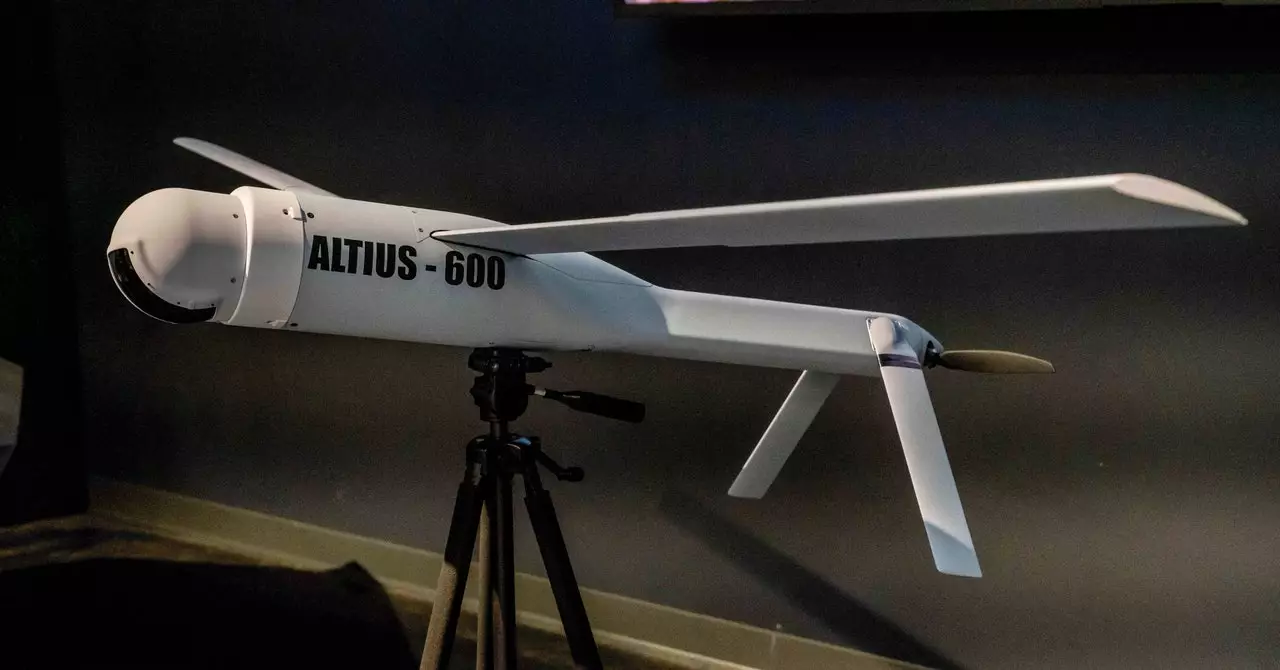In a striking move that reflects the evolving landscape of technology and defense, OpenAI has announced a partnership with Anduril, a prominent defense startup specializing in cutting-edge military technologies, including missiles, drones, and sophisticated software. This collaboration, which aims to leverage artificial intelligence for enhancing air defense systems, signifies a notable shift in the approach of major tech players toward the military sector. As the lines between technology and defense continue to blur, questions arise about the implications of such partnerships for society at large.
The Nature of the Partnership
OpenAI, renowned for its role in advancing artificial intelligence through tools such as ChatGPT, has positioned itself at the intersection of technology and democratic values. Sam Altman, OpenAI’s CEO, articulated the organization’s mission in light of this new venture, emphasizing a commitment to ensure that AI technologies benefit a broad audience while supporting American military efforts that align with democratic principles. This partnership with Anduril is a strategic step towards developing solutions that enable military operators to make swift and informed decisions in high-stakes scenarios.
Anduril’s ambitious plans include the development of an advanced air defense system that utilizes a swarm of autonomous drones working collaboratively on missions. These drones will be controlled through a sophisticated interface powered by OpenAI’s language models, enabling natural language commands to be translated into actionable tasks. This innovation aims to enhance the capabilities of military personnel, providing them the tools to respond to airborne threats with greater speed and accuracy. However, the transition to military applications of AI raises significant ethical and operational questions.
The integration of AI into defense operations could very well revolutionize how military strategies are formulated and executed. An insider from OpenAI noted that the technology has the potential to help assess drone threats more efficiently, thereby equipping operators with vital information while minimizing their exposure to danger. Such advancements could redefine the operational landscape, providing an edge in defense tactics that could, in theory, save lives and protect national interests.
Nevertheless, the prospect of deploying AI-driven systems in military contexts is not without its risks. Historically, strong resistance existed within the tech community against military collaborations. The backlash against Google’s involvement in Project Maven in 2018 saw thousands of employees protesting the use of AI in warfare. This indicates a palpable tension between ethical considerations and the compelling allure of technological advancement in the face of governmental contracts. The fear of creating autonomous systems that might operate unpredictably adds another layer of complexity to the conversation.
The partnership between OpenAI and Anduril comes at a time when other Silicon Valley giants are also reconsidering their stances on defense contracts. OpenAI has adjusted its policies concerning military applications of its AI, indicating a willingness to engage more deeply with the defense sector. However, internal dissent from certain employees underscores the potential for conflict between a company’s mission and its partnerships.
While OpenAI and Anduril are embarking on this course, it’s essential to scrutinize the ethical implications of such a collaboration. How much decision-making power should the AI systems wield, and how will accountability be established in the face of any potential failures or mistakes? Moreover, what does this shift signal about the future of technological advancements in warfare?
The Future of AI in Defense
As military and technological interests converge, a broader conversation must take place regarding the implications of AI in warfare. This partnership between OpenAI and Anduril is emblematic of a trend that reflects an increasing acceptance of military collaboration within Silicon Valley. The discourse around technology’s role in defense is crucial, as it will shape not only future warfare strategies but also influence societal norms and ethical considerations related to the use of AI.
While the alliance between OpenAI and Anduril holds promise for advancing military capabilities, it also raises vital ethical questions that society must address. As technology evolves and integrates deeper into defense operations, a balanced perspective that weighs innovation against moral responsibility will be paramount.

